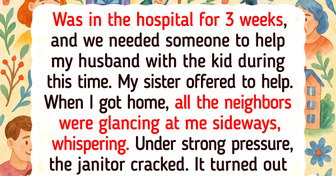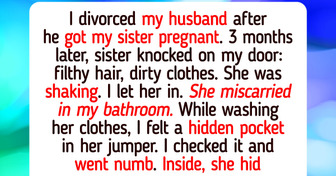10 Stories of Dads Who Finally Welcomed Their Daughters’ Partners

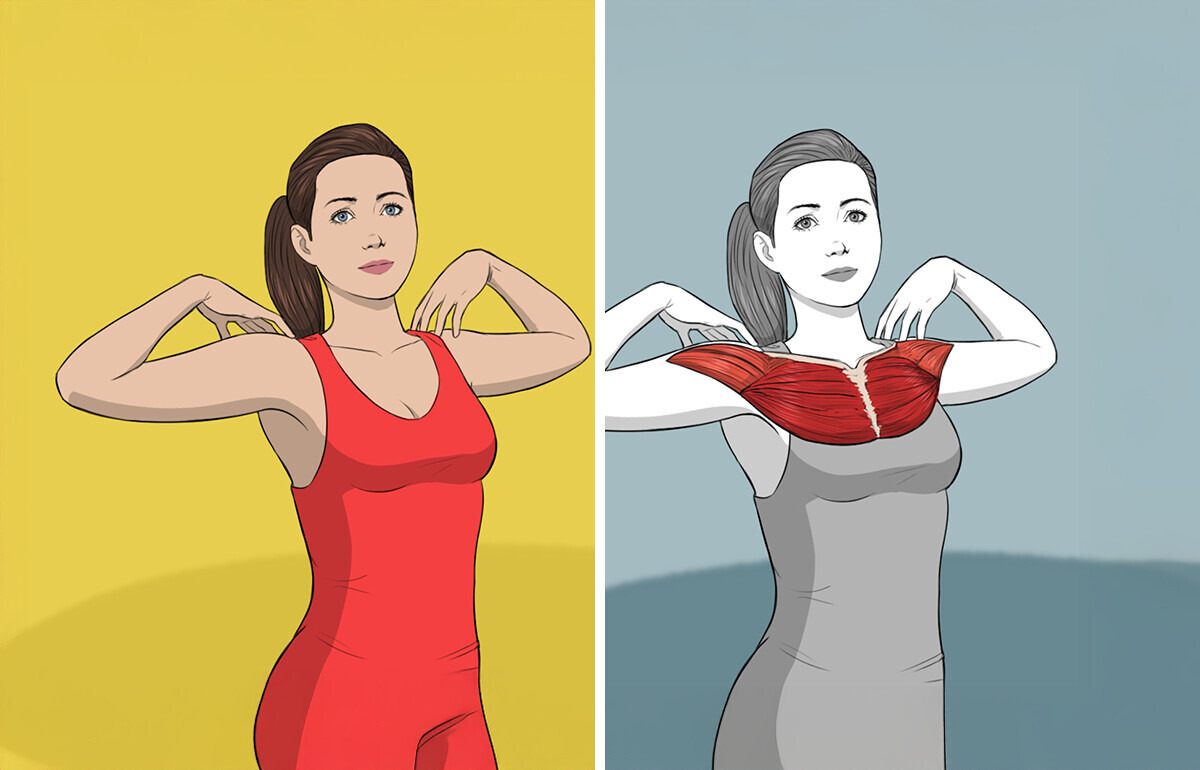
When people think of breast cancer, they often picture obvious warning signs like lumps or noticeable changes in breast shape.
But not all symptoms are that clear-cut. In fact, some of the earliest signs are subtle and easy to dismiss, mistaken for harmless skin issues, hormonal shifts, or everyday discomfort. Unfortunately, overlooking these cues can delay diagnosis, when early treatment is most effective.
Here are 6 often-missed breast cancer symptoms you should never ignore. Spotting them early could make all the difference.
CONTENT IS PROVIDED FOR INFORMATIONAL PURPOSES ONLY AND IS NOT INTENDED AS A SUBSTITUTE OF MEDICAL ADVICE.
SEEK GUIDANCE OF YOUR DOCTOR REGARDING YOUR HEALTH AND MEDICAL CONDITIONS.
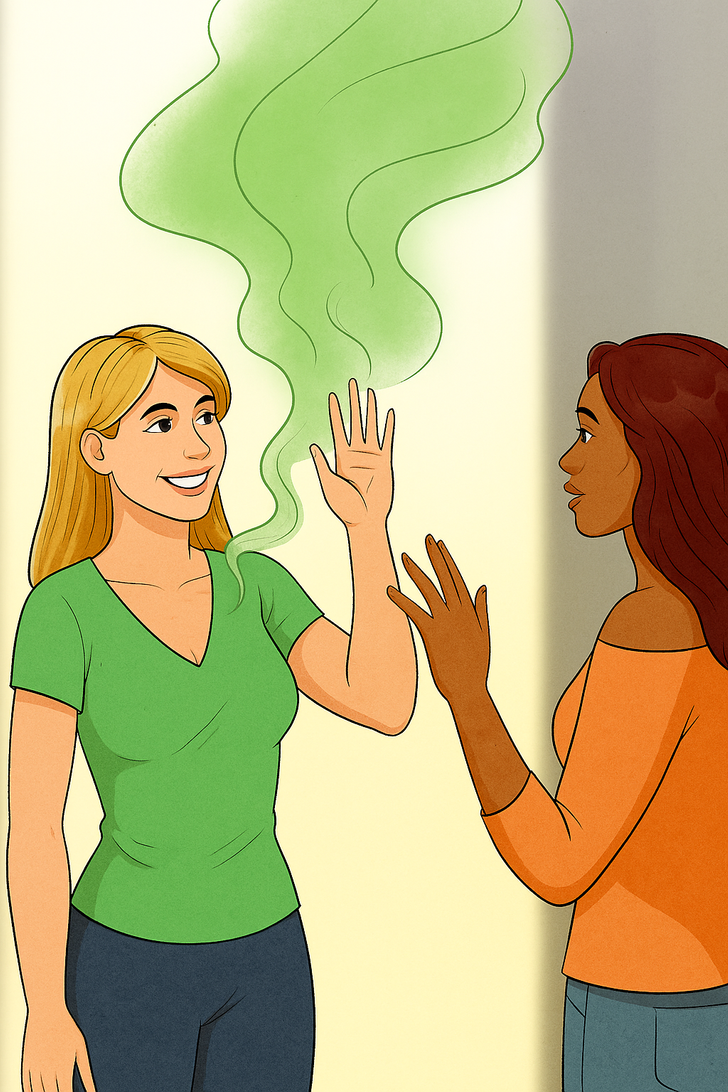
Excessive sweating—especially at night—can be an often-overlooked warning sign of cancer.
While it’s commonly linked to infections (which cancer patients are more prone to), intense sweating can also occur as the body responds to high fevers or tries to regulate temperature.
In some cases, the cancer itself or its treatments may directly cause episodes of sudden, unexplained sweating. Recognizing this symptom—particularly in those with advanced cancer—can be important for timely medical attention and care adjustments.
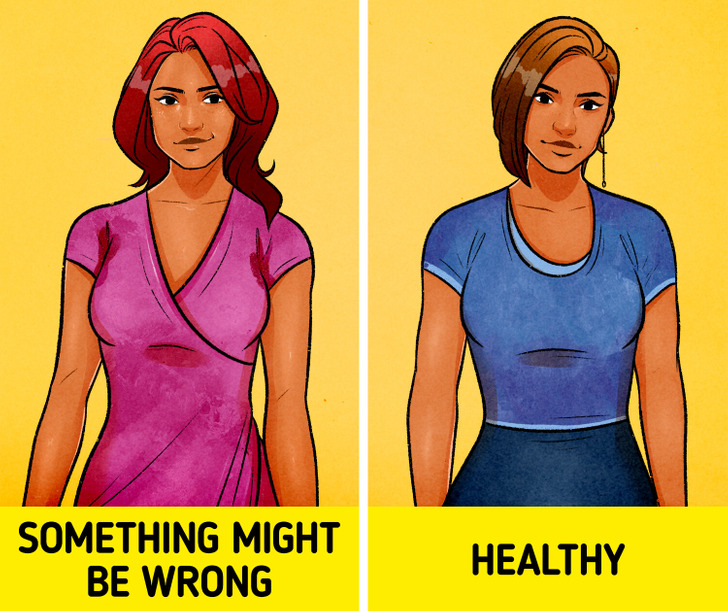

Unexplained swelling in the breast—especially when paired with skin changes—could be a warning sign of inflammatory breast cancer.
Unlike more common forms of breast cancer, this aggressive and fast-growing type often doesn’t present with a lump. Instead, it occurs when cancer cells block lymphatic vessels in the skin, leading to swelling, redness, warmth, and a heavy or tender feeling in the breast.
If you notice persistent swelling without a clear cause, don’t delay—consult a healthcare provider promptly, as early detection is critical with this rare but serious form of cancer.
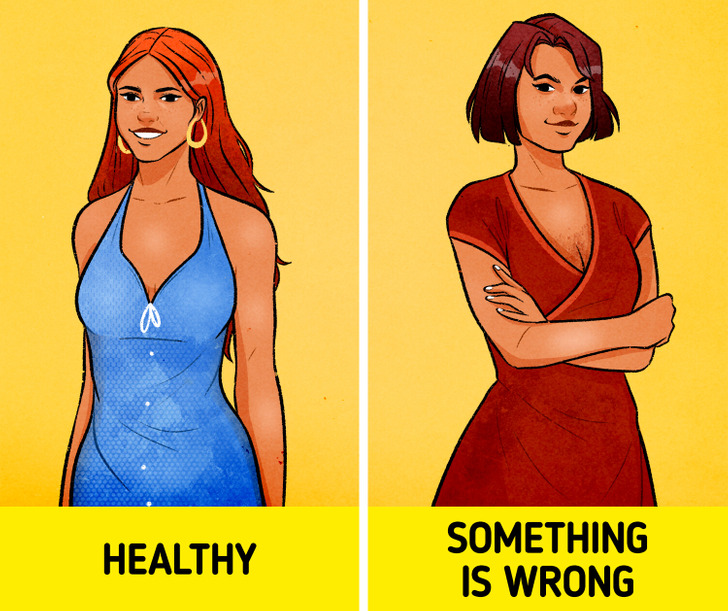
Persistent breast itching is easy to dismiss, but in rare cases, it can be an early sign of inflammatory breast cancer.
Unlike other forms, this aggressive type doesn’t always present with a lump, making itching one of the few early warning signs.
If the itching is ongoing and doesn’t respond to typical skincare treatments, it’s important to consult a doctor to rule out more serious underlying conditions. Early attention can make a significant difference.
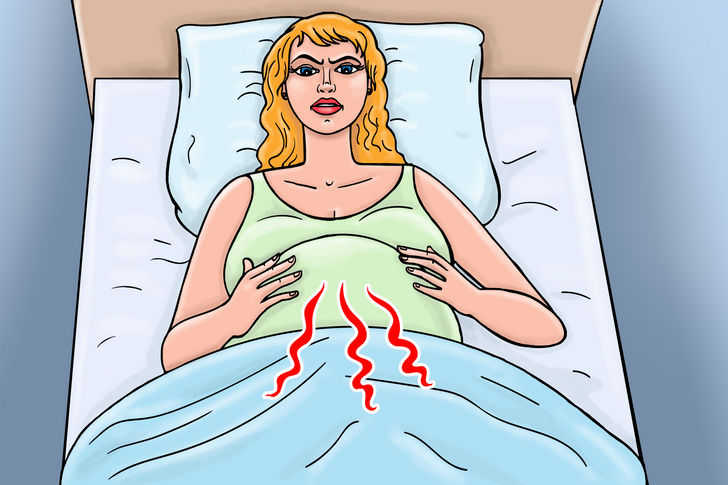
While occasional breast pain is common and often harmless, persistent pain in the breast or armpit may signal something more serious—such as inflammatory breast cancer.
This aggressive form of cancer typically doesn’t present with a lump, but instead blocks lymph vessels, causing ongoing pain, burning, or itching.
The affected breast may also feel warmer or more tender than the other. If you experience persistent, unexplained discomfort, especially alongside other changes, it’s essential to seek medical advice promptly. Early detection can make a critical difference.

Sudden changes in breast skin texture—like dimpling or puckering—can be an important warning sign.
Often described as an “orange peel” appearance, this effect occurs when cancer cells block lymphatic vessels, causing fluid buildup that pulls the skin inward and creates a rough or uneven surface.
If you notice thickened, dimpled, or unusually textured skin on your breast, don’t ignore it. These subtle changes could signal a serious underlying condition and should be evaluated by a healthcare professional promptly.
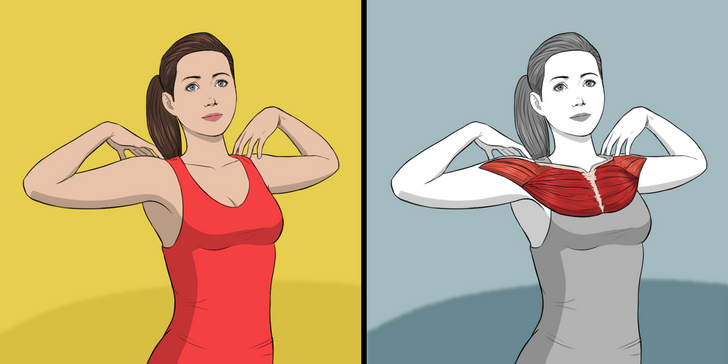
Unusual fatigue in your arms could be more than just muscle strain—it may be a sign of secondary breast cancer, where the disease has spread beyond the breast.
In its advanced stages, breast cancer can cause persistent tiredness and weakness, making everyday tasks feel draining.
If you’re experiencing ongoing fatigue or heaviness in your arms that doesn’t improve with rest, it’s important to bring it up with your doctor. Early evaluation can help identify underlying issues and guide the right course of treatment.
Your body has ways of warning you when something isn’t right, but many people overlook the early signs of colon cancer until it’s too late. Here are five ways your body might be trying to tell you something important—don’t miss them.


